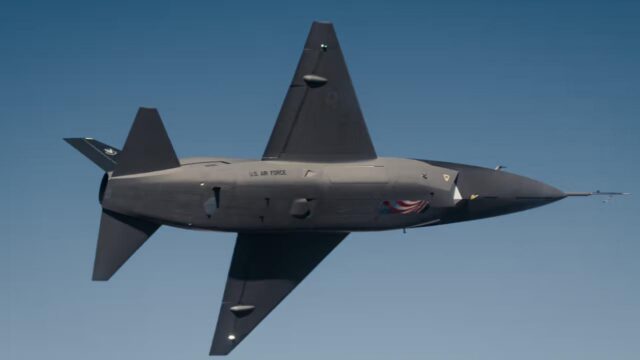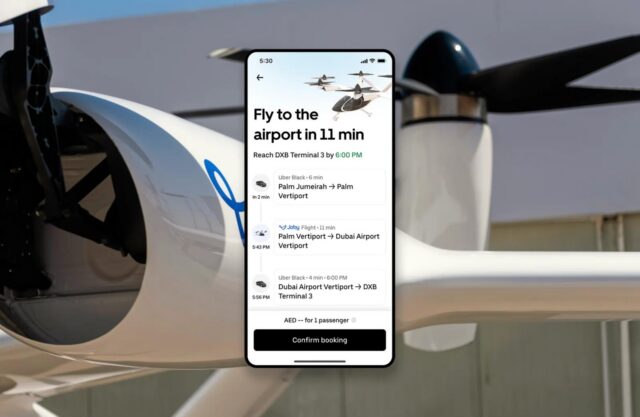
The European Union Aviation Safety Agency (EASA) has issued a fresh warning to the airline industry over the dangers posed by lithium batteries in air travel, following a noticeable rise in related safety incidents.
A newly released Safety Information Bulletin (SIB) sets out the agency’s latest guidance on how operators should manage and communicate the risks posed by devices powered by lithium batteries.
The bulletin brings together and updates content from previous advisories, which have now been withdrawn, and is targeted mainly at airlines and other aircraft operators. Its release follows a series of reported incidents involving electronic items overheating, catching fire or emitting smoke, often in the cabin.
EASA is urging operators to improve how they brief passengers on what can and cannot be carried, with a particular emphasis on raising awareness around power banks, e-cigarettes and spare batteries.
The agency is also reinforcing the need for airline and airport staff to receive regular training on the issue, including how to deal with thermal runaway events in-flight.
“Smart phones and computers powered by lithium batteries are now an inherent part of our daily lives, and we know that each passenger now takes four to five such items with them on a flight,” said Jesper Rasmussen, Flight Standards Director at EASA.
“Airlines and their ground staff need to make sure passengers know how to travel with these items responsibly. This includes prompting them to think carefully about not packing the devices in their check-in baggage but carrying them on board instead, so that they can be monitored and dealt with if something happens.”
According to the bulletin, items such as scooters and some high-capacity drones often exceed the limits set under current regulations and may not be permitted at all.
Meanwhile, power banks are classified not as electronic devices but as spare batteries, which means they must be carried with care and never placed in checked bags.
The bulletin outlines several key points airlines should reinforce with travellers: e-cigarettes and power banks must be kept in a location where they can be monitored, PEDs should only be charged using the onboard power supply, and spare batteries should be secured and separated to prevent short-circuits.
















